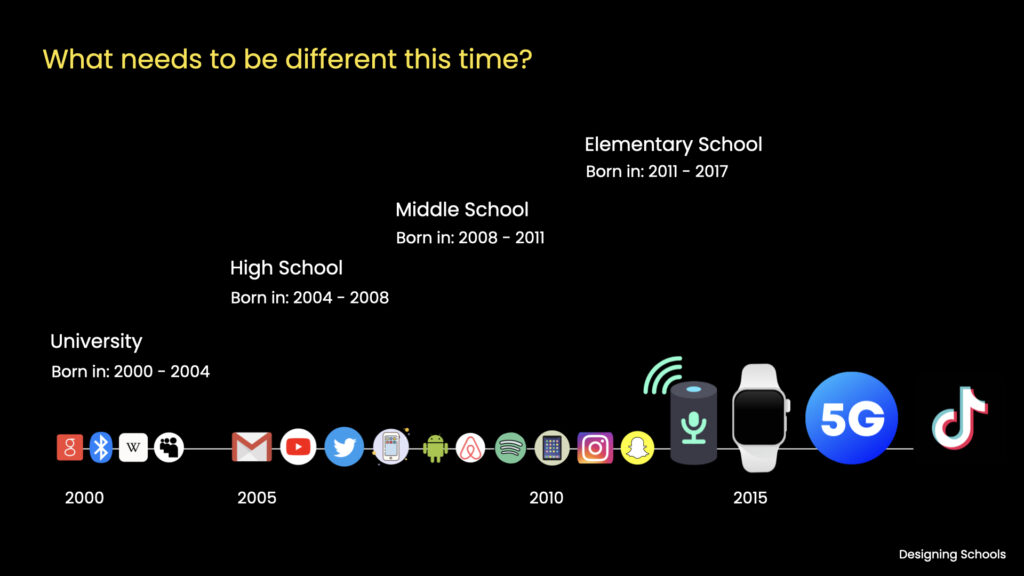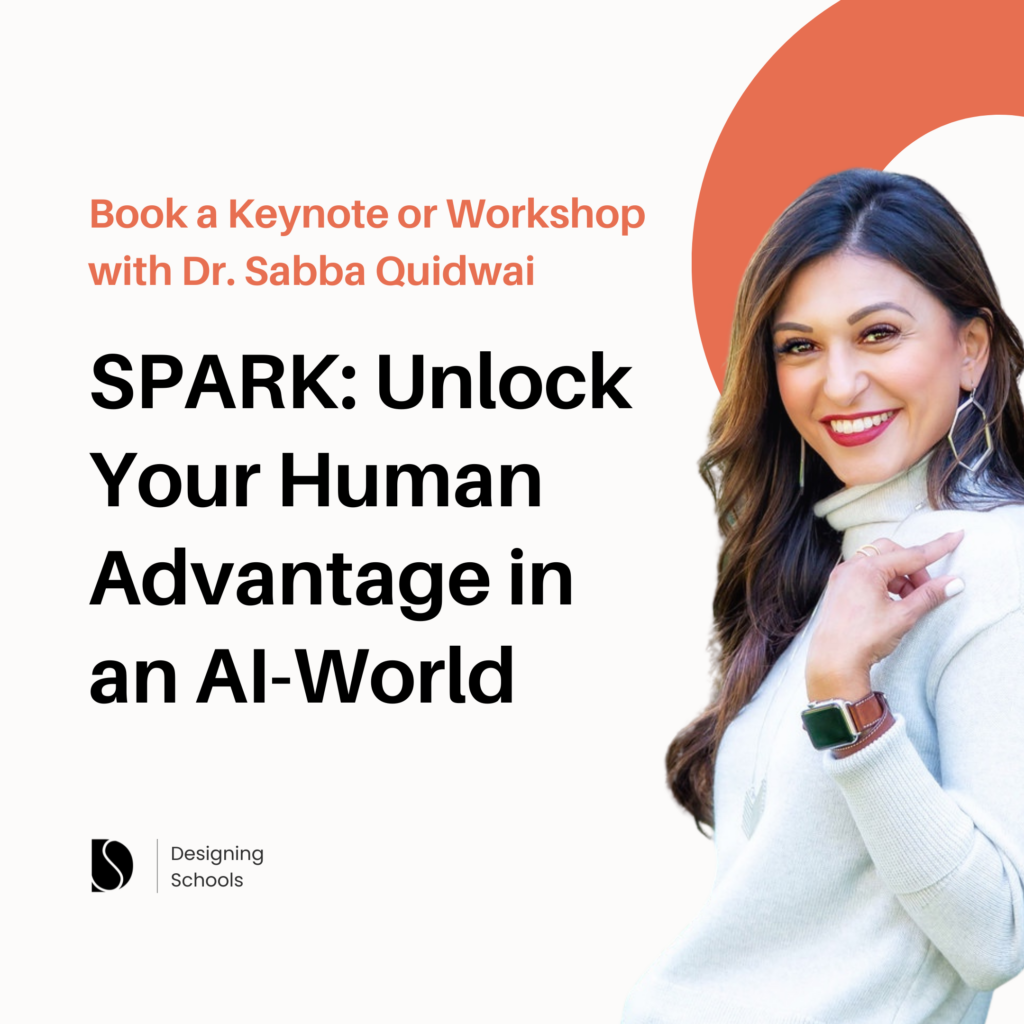Meta’s 20th Birthday: Whose responsibility are the children?
Last week the Senate held a birthday party for Facebook, now Meta, as it marked its 20th year of existence. Except it wasn’t the type of birthday party where people come together to celebrate. It was people coming together to share how they’ve been harmed by social media, with many sharing stories about how their children had suffered or died as a result.
“No one should have to go through what you did,” said Mark Zuckerberg. Followed by Spiegal who said, “I’m sorry we were not able to prevent these tragedies.”
It wasn’t enough. And as I listened, this statement inspired today’s post:
“Children are your product. Not your priority.”
Survey after survey reveals, as this latest article in the New York Times did, “Today’s Teenagers: Anxious About Their Futures and Disillusioned by Politicians,” “The data is pretty stark, our kids are not alright.”
And how can they be? From the classrooms to the chaos in Gaza, we don’t have an answer to this question: Whose priority are the children?
Where Did We Go Wrong with Social Media?
When Bill Gates interviewed Sam Altman on his podcast, they discussed how social media is an outstanding challenge. To which Sam Altman replied, “I don’t understand why the government was not able to be more effective with social media but it seems worth trying to understand as a case study for what they are going to go through with AI.”
If you were born in 2004, you are now 20 years old. You grew up your entire life with so many emerging technologies, from social media, to voice-assistants, to wearables, and so much more. And now, you’re entering the workforce at an inflection point with generative AI.
An inflection point you were likely not prepared for.
As we reflect on Facebook’s 20th and the serious conversations it sparked in the Senate, we’re reminded of the impact technology has on our youngest, and the responsibilities we have to prepare them. With ChatGPT’s in its infancy, this post invites you to engage in a future thinking exercise.
Let’s examine the past to define our present, and design our future.
Because this time the children must be our priority.
The Last Industrial Revolution
To begin we go back to the last industrial revolution. While many optimistically highlight that we emerged with more productivity, and everyone adapted, Historian Yuval Noah Harari shares another perspective. In this episode of The Diary of a CEO podcast – he recounts the experiments that it required to get to where we are today.
One big experiment he recounts is European imperialism. While the largest colonizer of all was Great Britain, they were not alone in believing that to have a strong industrial society you also had to control the natural resources. Belgium, Japan, France, Germany, Portugal and many others.
Other experiments, he shares included Communism, and Nazism.
While today we often celebrate the importance of learning from failure when trying something new. Harari asks, “Will humanity be able to survive a series of failed experiments as we navigate change and adapt to a world with artificial intelligence and bioengineering?”
Can we survive another round of imperialist wars, and totalitarian regimes?
So, What Needs to Be Different This Time?
I often share this graphic during my talks to highlight that while we may feel shocked by the introduction of generative AI tools like ChatGPT, it really is just an evolution of emerging technologies over the past 2 decades. I overlay this with the research and many authors who wrote about the importance of preparing for this very moment.

One of my favorites that we discuss is Dancing with Robots where the authors share the two skills that will make humans irreplaceable in a world with AI – solving complex problems, and engaging in complex communication. A decade ago when this was written it was hard to imagine a world in which we have tools like ChatGPT, Midjourney, HeyGen and more. Yet here we are.
And then we use this same graphic to zoom in on one particular year – our last inflection point with the introduction of the iPhone in 2007. If you’ve heard me speak you know 2007 is a significant year for me personally as well, as I graduated and started my career as a high school social science teacher. And just a few months later, with the great recession came my first layoff notice. As I look back I wonder, how did none of my teachers think to discuss these existing and emerging technologies and the impact they would have on my career as a new graduate.
From Facebook to Twitter to YouTube to the iPhone to 3G to AirBnB, these years saw the rise of technologies that today we couldn’t imagine our lives without. I spent years wondering how some people were able to be the creators taking advantage of this technology, while the vast majority of us were consumers, adapting to the side effects?
Whose priority were the children in 2004?
What were our priorities in 2004?
One answer is war. During these years we were engrossed in conflicts in Iraq and Afghanistan. What was known as the War on Terror. I remember hearing about that in school more than I did any of the technologies I use today.
Two decades, 8 trillion dollars, and almost a million lives lost later, one answer to Sam Altman’s question about why we were so ineffective with social media was simply because we were distracted.
Ironically, here we are again. Standing at an inflection point arguably much more significant than the iPhone, and distracted yet again with our involvement in the Middle East.
One year into the start of the next two decades, we still haven’t solved the social media challenge, and so we have to ask: what will be different this time?
How Might We Become 1% Better
While we often see the future as something that comes tomorrow, Futurist, Professor, and Entrepreneur Matthew Manos reminds us, “We’re always in the present and as a result the future is nothing more than a symbol of the repercussions of our daily actions.”
He’s not alone in sharing this idea. In Atomic Habits James Clear shares the compounding effect of the daily choices we make: “If you want to predict where you’ll end up in life, all you have to do is follow the curve of tiny gains or tiny losses and see how your daily choices will compound 10 or 20 years down the line.”
If we look back on 2023 and ask what our daily choices were about how to prepare children for a world with AI, and other emerging technologies, what would your answer be?
If Harari gave humanity a C- on how we navigated the industrial revolution, what would it take for us to score higher during this one?
We didn’t do so well solving these problems alone the past two decades. So why not phone a friend. In this case let’s call on ChatGPT. Here’s a mutual prompt exercise ready for you to cut and paste in. Better yet, do this together with your team, your family, your friends. Because this time we need a clear answer to the question: Whose priority will the children be?
Let’s Ask ChatGPT: Copy and Paste this Prompt:
Start a future thinking exercise with me. I want to contribute to creating a positive, human-centered AI world. Ask me a series of questions to help me explore how I can make a difference. Use insights from Jane McGonigal’s ‘Imaginable’ and James Clear’s ‘Atomic Habits’ for guidance. First, ask me about my role in society (e.g., educator, parent, technologist) and explore how it can influence the future of children with AI and technology.
Then, prompt me to describe a day in the life of a child ten years from now, focusing on positive AI and technology integration. I want to envision how technology enhances their life in a beneficial way. After that, help me brainstorm small, daily actions that I can start today to contribute to this future. These actions should utilize my unique position and skills. Lastly, ask me to identify one specific, actionable step I will take to start making a difference, emphasizing the principle of marginal gains and how small improvements can lead to significant outcomes over time.
Let’s begin this exploration together. Please start by asking me about my current role in society and how I believe it impacts the future of children in relation to AI and technology. Ask me only one question at a time as this topic is very overwhelming and I’d like to think through it as clearly as possible. I’m excited to have your support in this exercise.

I’m Sabba.
I believe that the future should be designed. Not left to chance.
Over the past decade, using design thinking practices I've helped schools and businesses create a culture of innovation where everyone is empowered to move from idea to impact, to address complex challenges and discover opportunities.
stay connected
designing schools